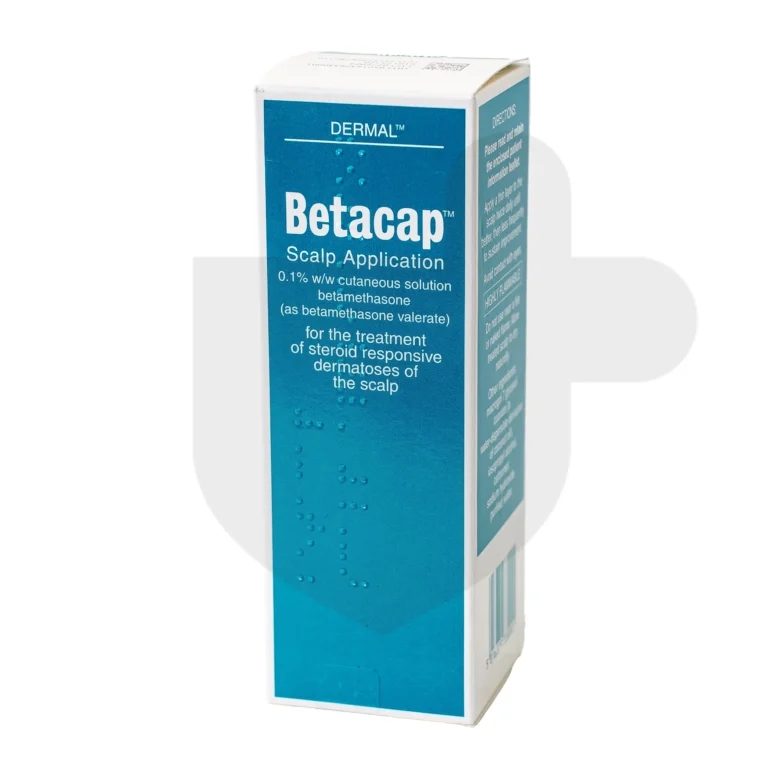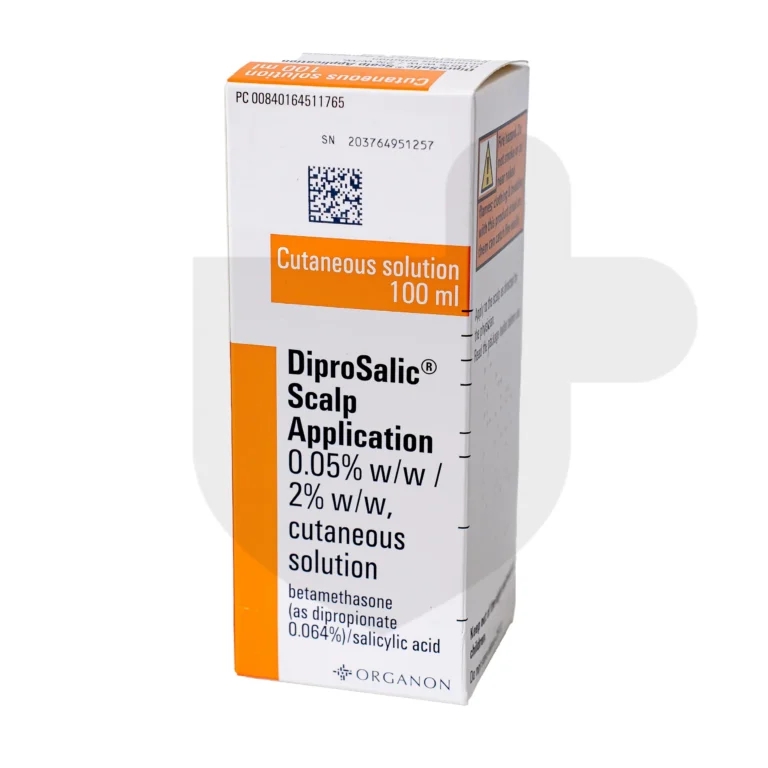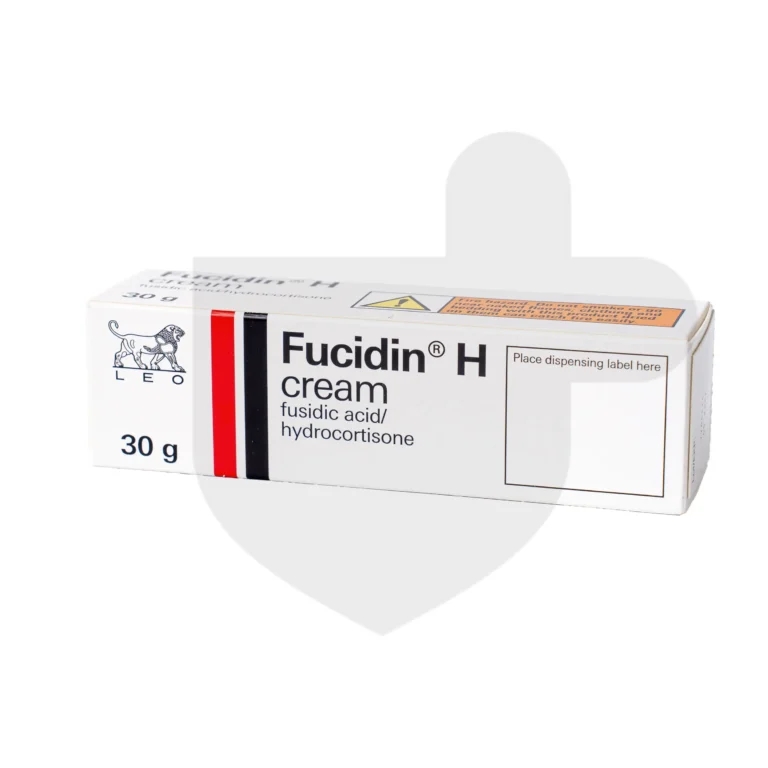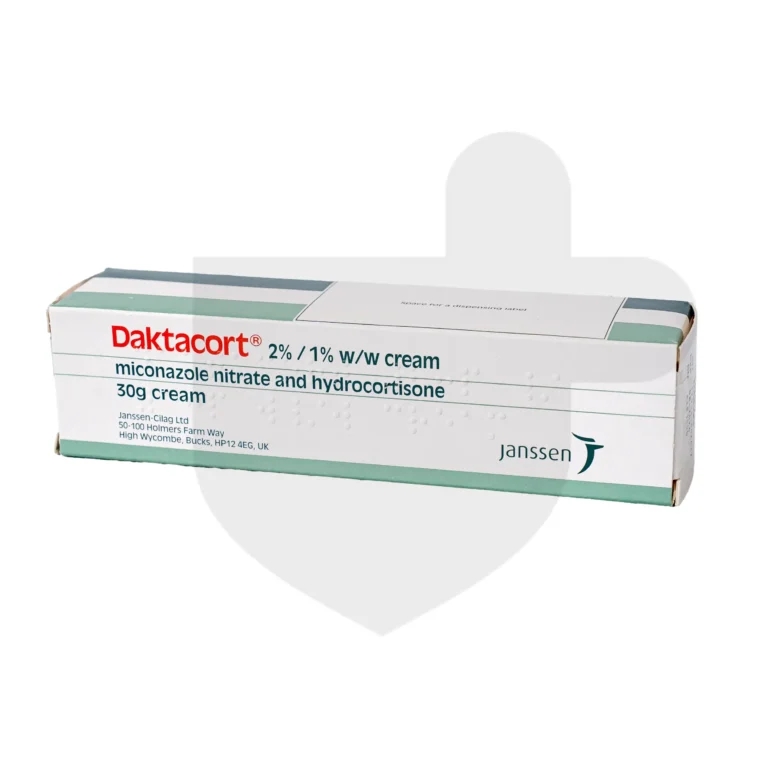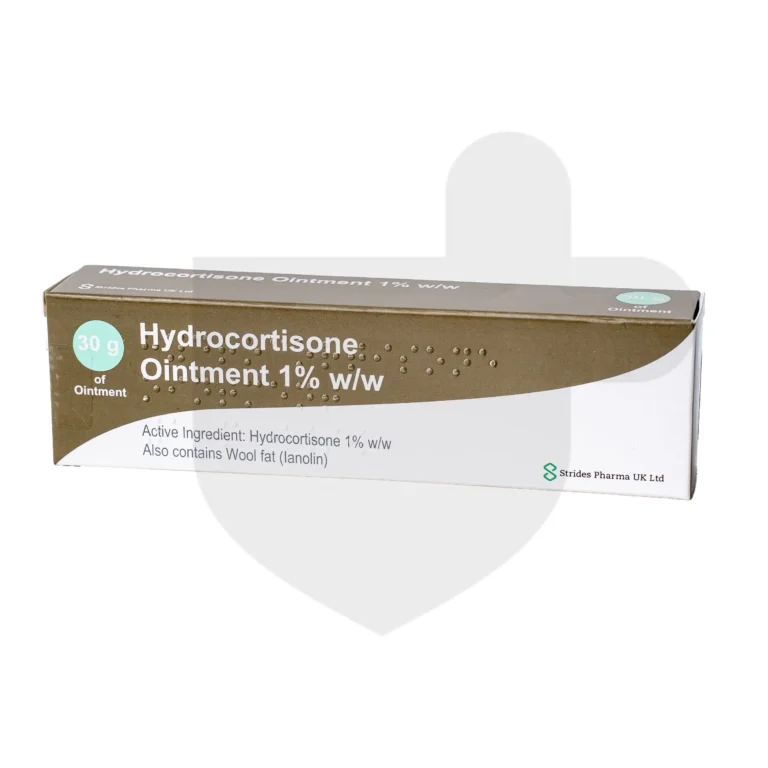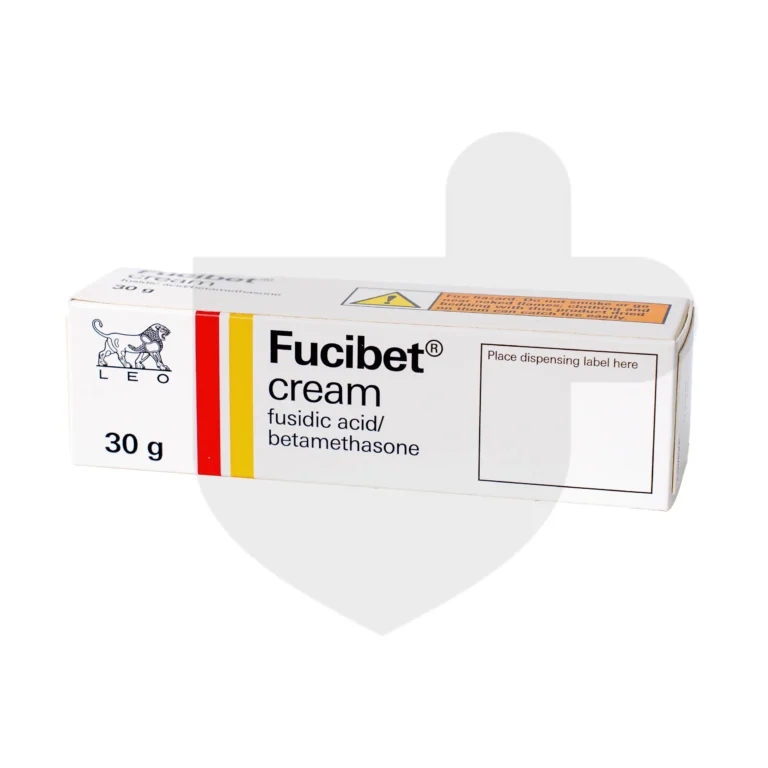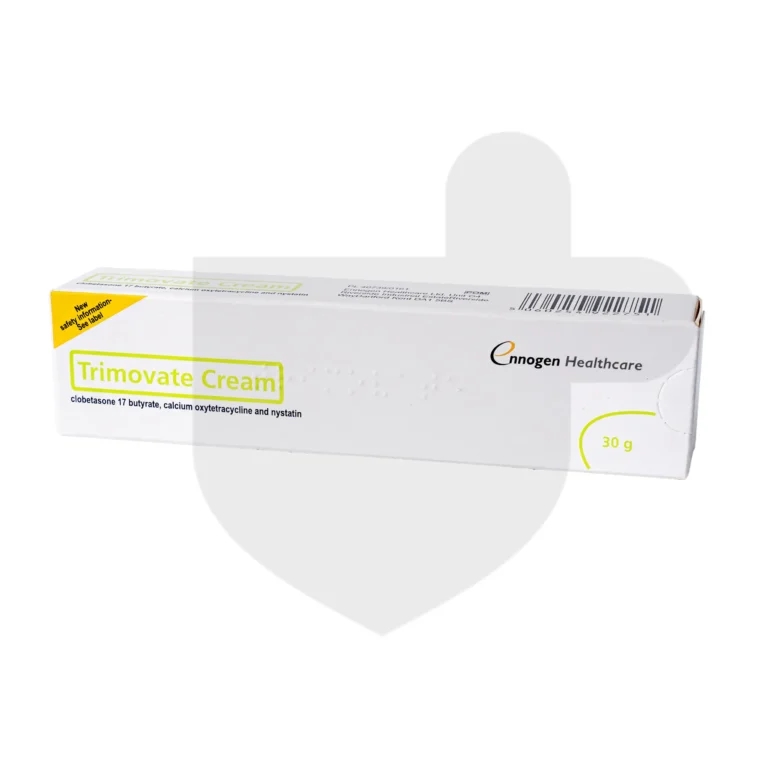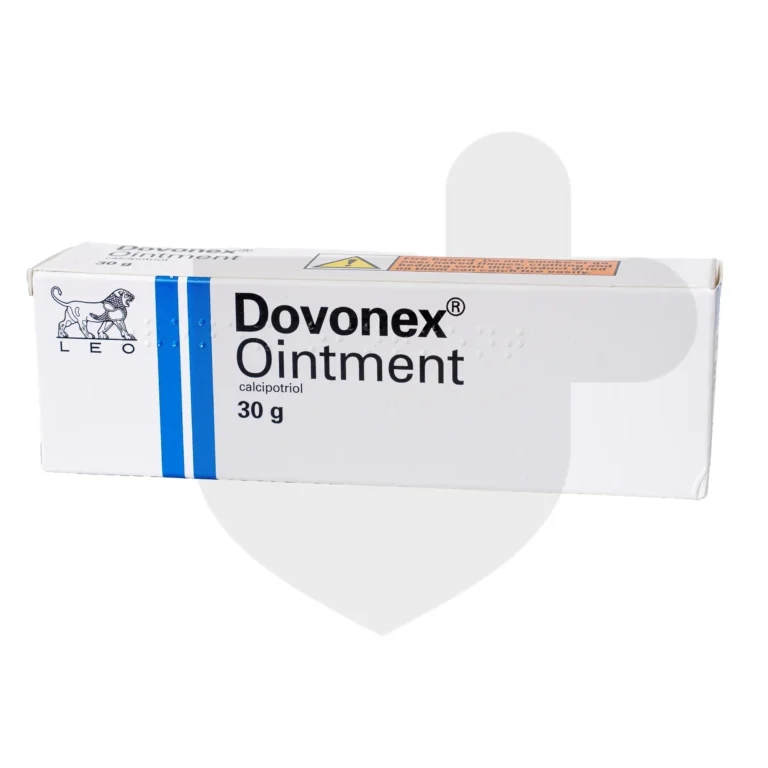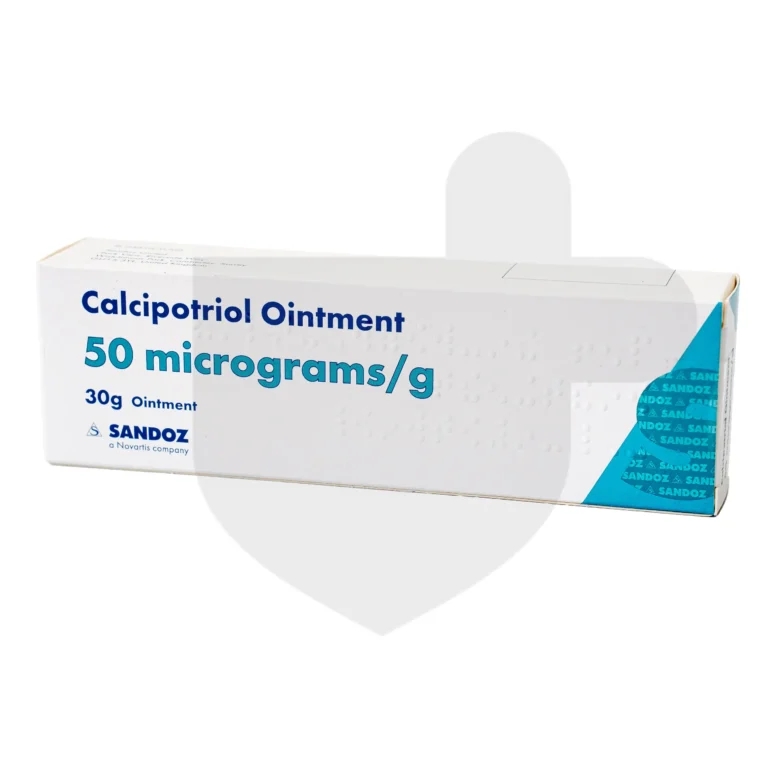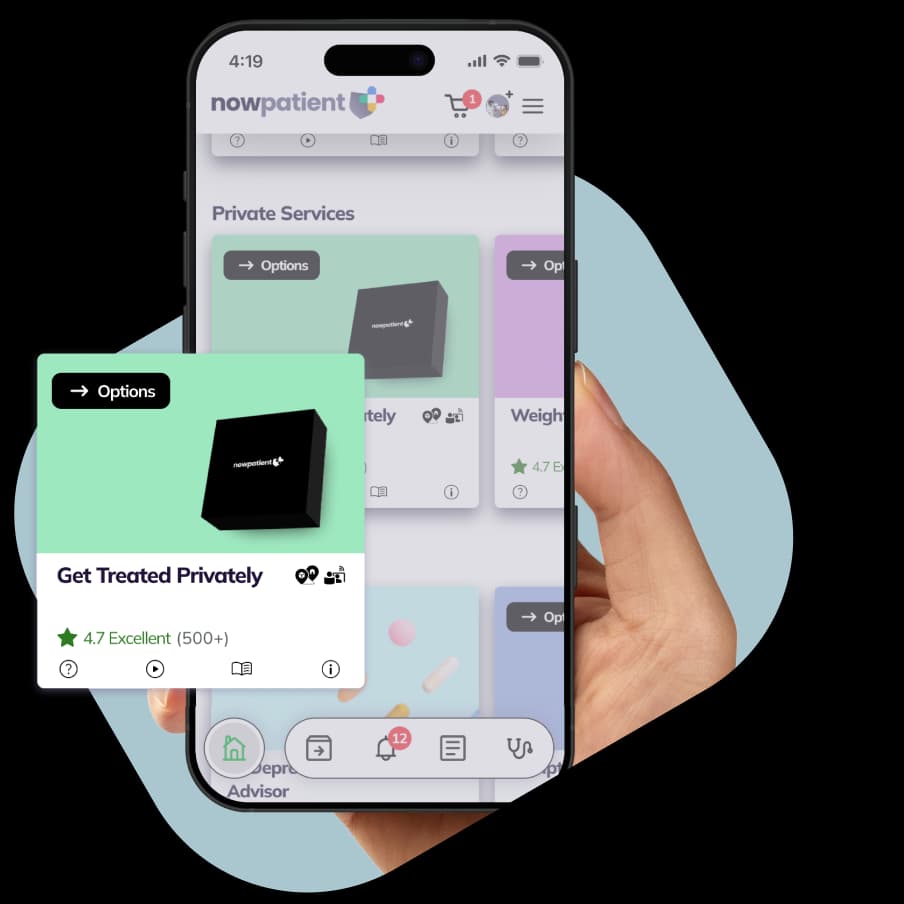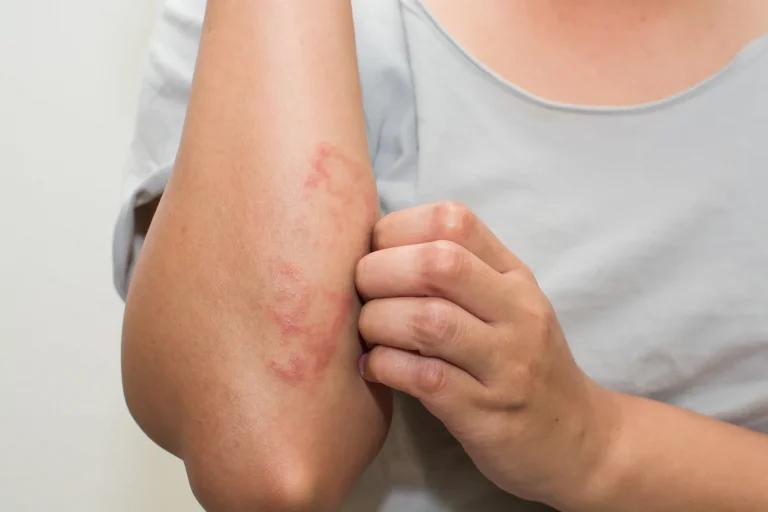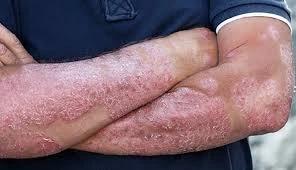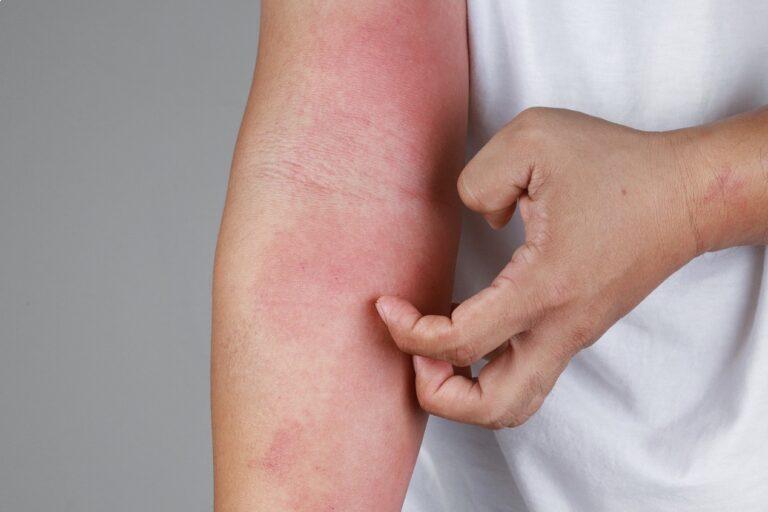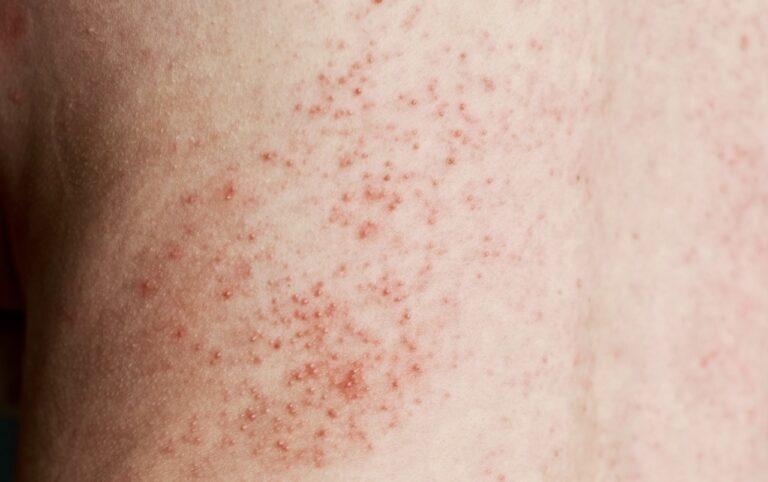Psoriasis Treatments
* Includes Free Private Prescription & Consultation.
† Applies to UK only.
START YOUR TREATMENT TODAY
Available Treatments for Psoriasis
SAFE PRESCRIBING
Get Started With the Right Treatment for You
MEDICAL INFORMATION
Psoriasis Key Facts
Psoriasis is a condition that appears as scaly patches on your skin and is thought to be caused by problems with the immune system. There is no specific cure for Psoriasis, but lifestyle changes can help manage the symptoms. Here, we will take a closer look at the causes, symptoms, types and treatment options available for Psoriasis.
What is Psoriasis?
Psoriasis is a skin disease thought to be caused by an overactive immune system, that results in the rapid growth and build up of skin cells. Psoriasis appears as plaque on the skin, most commonly between the ages of 15 and 25. It is not however contagious and can not be passed directly, from person to person.
Types of Psoriasis
There are many types of Psoriasis, each with its own symptoms, affecting different areas of the body.
- Plaque Psoriasis: This is the most common type of Psoriasis, making up 80% of cases according to the American Academy of Dermatology. Symptoms include dry, red skin lesions covered in silver scales. Plaque Psoriasis may appear anywhere on your body but normally appears on the knees, elbows, scalp or lower back. In the most severe cases, skin may crack and bleed around the joints
- Guttate Psoriasis: This appears as drop-shaped sores, less than 1cm, on your arms, legs, chest, or scalp. Some people may develop plaque Psoriasis. Guttate Psoriasis may occur after a strep throat infection and is more prevalent in children, teenagers and young adults
- Pustular Psoriasis: Characterized by pus-filled blisters surrounded by red skin, primarily affecting the hands and feet. Pustular Psoriasis is a rarer type of Psoriasis. Different types of pustular Psoriasis affect different parts of the body
- Inverse Psoriasis: These appear as large smooth red patches in skin folds, beneath the armpits, breasts, between the buttocks or groin. This is made worse by sweating and friction
- Erythrodermic Psoriasis: A rare and severe form of Psoriasis that covers large areas of the body and requires immediate medical attention. Erythrodermic Psoriasis causes discolouration of the skin and the shedding of scales on sheets. It may be triggered by bad sunburn, certain medications, infections, and stopping Psoriasis treatment
- Scalp Psoriasis: This can occur on all or part of the scalp. Symptoms may include red patches of skin with thick silvery-white scales. Scalp Psoriasis can feel extremely itchy, or cause no discomfort at all. In more serious cases it can cause hair loss. This, however, is usually only temporary
- Nail Psoriasis: Nail Psoriasis affects about half of all people with Psoriasis, causing your nails to become discoloured, develop tiny dents or pits, or grow abnormally. Nails can become loose and detach from your nail bed. In more severe cases, your nails may crumble
- Palmoplantar Pustular Psoriasis causes pustules to appear on the palms of your hands and the soles of your feet. They appear as circular brown, scaly spots, which peel off
- Acropustulosis: Pustules appear on your fingers and toes, then burst, leaving bright red areas, which may ooze or become scaly. Acropustulosis may also lead to painful nail deformities
- Erythrodermic Psoriasis is a rare type of Psoriasis, affecting nearly all the skin on your body. It causes intense itching or burning and can also cause you to lose fluids and proteins, causing you to develop infections, dehydration, malnutrition, hypothermia and heart disease
Symptoms of Psoriasis
Symptoms can vary based on the individual and the type of Psoriasis. Symptoms include:
- Inflamed patches of skin covered in scales
- Itching, burning, or stinging
- Dry, cracked skin that may bleed
- Nail abnormalities, such as pitting or ridges
- Joint pain and stiffness
Symptoms range from mild to severe and may come and go in cycles. Speak to a healthcare professional for a diagnosis and an appropriate treatment plan.
Causes of Psoriasis
Psoriasis is classed as an autoimmune disease. The exact trigger is not fully understood, but it is thought that genetics and environmental factors play a major role.
- Genetics: Family history of Psoriasis increases the likelihood of developing the condition. Certain genes related to immune system function are thought to contribute to the development of Psoriasis
- Immune system dysfunction: In individuals with Psoriasis, the immune system mistakenly attacks healthy skin cells, leading to inflammation and rapid cell turnover
- Environmental factors: Infections, such as streptococcal infections, can trigger or exacerbate Psoriasis symptoms. Other factors, such as stress, skin injuries, smoking, and obesity, may also contribute to the development or worsening of Psoriasis
- Other medications: Beta blockers, other high high blood pressure drugs, antimalarials, lithium and other mood stabilizers, NSAIDs and antibiotics
Who is at risk?
Certain factors may increase the risk of developing Psoriasis and flare-ups. These include:
- A family history of Psoriasis
- Age, with it being most common between the ages of 15 and 25
- Psoriasis is more common in certain ethnic groups, with higher rates in those of European descent
- Smoking, obesity, and certain medications can all increase the risk of developing Psoriasis
Diagnosing Psoriasis
Your healthcare provider will carry out a physical examination and review your medical history. They may also carry out a skin biopsy to confirm your diagnosis. You should let your healthcare provider know about any family history of Psoriasis, or of any other risk factors that make your symptoms worse.
Treatment options for Psoriasis
The choice of treatment will depend on the type of Psoriasis and how severe it is, as well as age, general health, and personal preferences. Mild Psoriasis can be treated with creams or ointments such as Fucibet or Dermovate, while moderate and severe Psoriasis may need treatment with tablets, injections, or phototherapy. Treatment options include:
- Topical treatments: Vitamin D creams, topical corticosteroid (steroid) ointments, and lotions containing retinoids (vitamin A derivative) applied directly to the affected skin to reduce inflammation and promote healing
- Phototherapy (light therapy): Controlled exposure to ultraviolet light to slow down skin cell turnover and reduce inflammation. Psoralen plus ultraviolet-A radiation (PUVA) combines psoralen with ultraviolet light
- Systemic medications: Prescription medications that target the immune system, (such as methotrexate, acitretin) and reduce inflammation throughout the body
- Biologics and small molecule inhibitors: Advanced therapies (etanercept, adalimumab) that specifically target molecules involved in the immune response, providing targeted relief from Psoriasis symptoms
- Lifestyle modifications: Adopting healthy habits, such as managing stress, maintaining a healthy weight, and avoiding Psoriasis triggers, can help improve symptoms and overall well-being
It is important to work closely with a healthcare provider to develop an individualized treatment plan that best suits your needs.
Lifestyle changes for Psoriasis management
In addition to medical treatments, certain lifestyle changes can help manage Psoriasis symptoms and improve overall well-being. These include:
- Moisturizing the skin
- Avoiding common triggers
- Practicing good skin hygiene
- Maintaining a healthy weight
- Managing stress
- Protecting the skin from excessive sun exposure
Psoriasis and mental health
The nature of the condition can lead to embarrassment, self-consciousness, and low self-esteem and people with Psoriasis may be at a higher risk of mental health conditions. It is important to seek support from mental health counselors or support groups.
Psoriasis and Psoriatic Arthritis
Up to a third of people with Psoriasis will develop psoriatic arthritis. Symptoms include inflammation, pain, and stiffness in the joints, as well as skin and nail changes.
Treatment options include medications to reduce the inflammation, physical therapy and lifestyle modifications, and a combination of dermatologists, rheumatologists, and other healthcare providers is often needed to manage both conditions effectively.
Conclusion
By understanding the causes, types, symptoms and treatment options available for Psoriasis, individuals can develop plans to manage this skin condition.
If you think you have Psoriasis and its associated symptoms, speak to your doctor for a diagnosis and advice on the most appropriate treatment for your condition.
Sources
- NHS Psoriasis
- WebMD – Psoriasis
- Cleveland Clinic – Psoriasis guide
- Psoriasis.org – About Psoriasis
- NIH – Psoriasis
Medical Disclaimer
NowPatient has taken all reasonable steps to ensure that all material is factually accurate, complete, and current. However, the knowledge and experience of a qualified healthcare professional should always be sought after instead of using the information on this page. Before taking any drug, you should always speak to your doctor or another qualified healthcare provider.
The information provided here about medications is subject to change and is not meant to include all uses, precautions, warnings, directions, drug interactions, allergic reactions, or negative effects. The absence of warnings or other information for a particular medication does not imply that the medication or medication combination is appropriate for all patients or for all possible purposes.
Related Articles
OUR CUSTOMERS VIEW
What Customers Love About Our Service
We want everyone to be happy and healthy, that’s what keeps us going. Read what some of them have to say about us.
Medicines Experts
Meet Our Medical Team
We are a broad skilled and passionate group of clinicians with experience of operating in health systems in the United Kingdom & United States. Providing excellent care and advice is at the heart of everything we do. You can read more about our medical team by visiting the medical team page or learn more about how we curate content by visiting our editorial process





